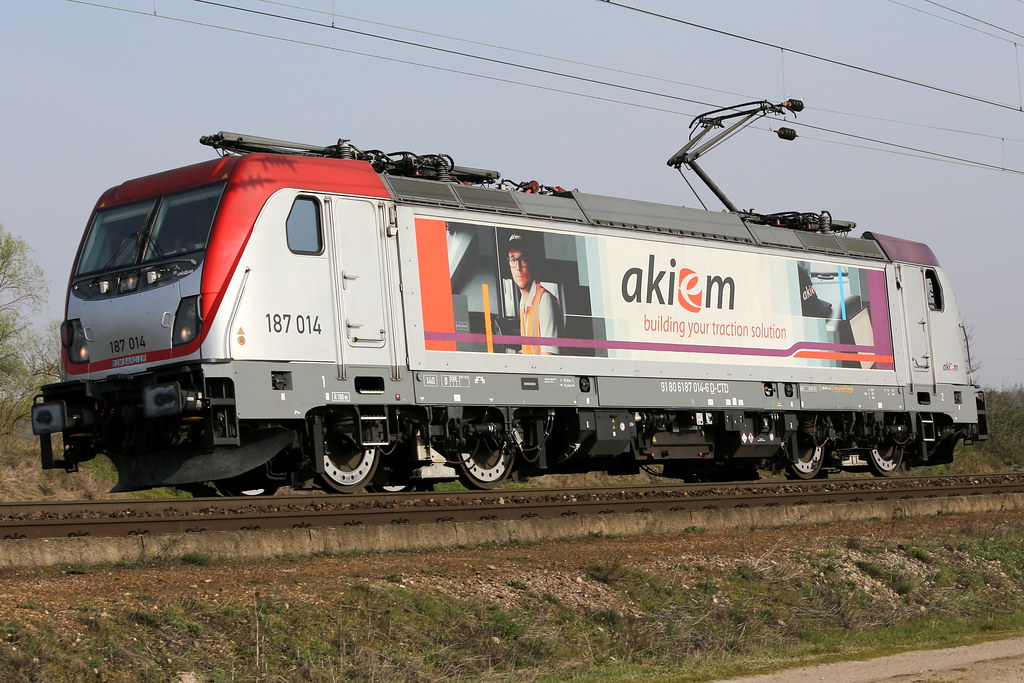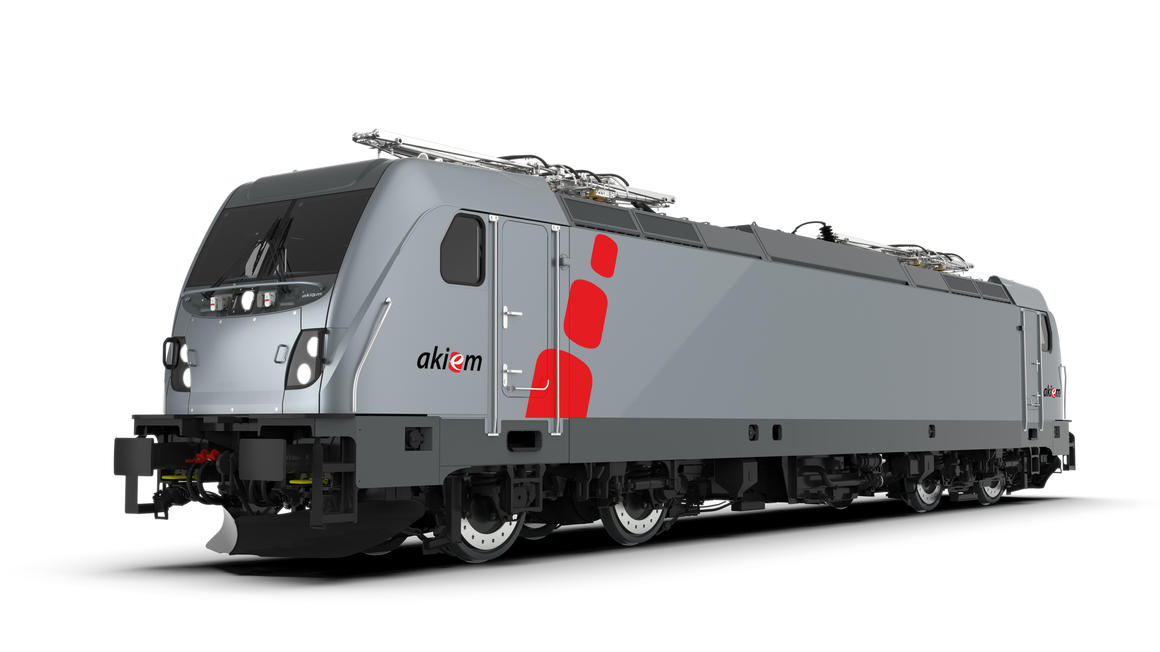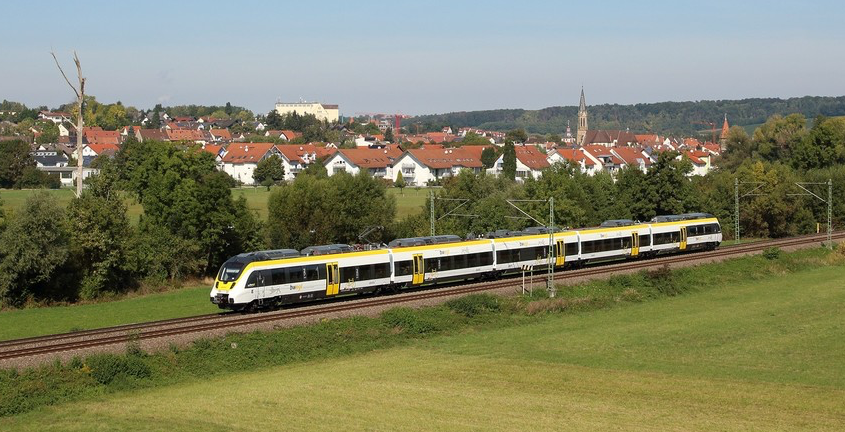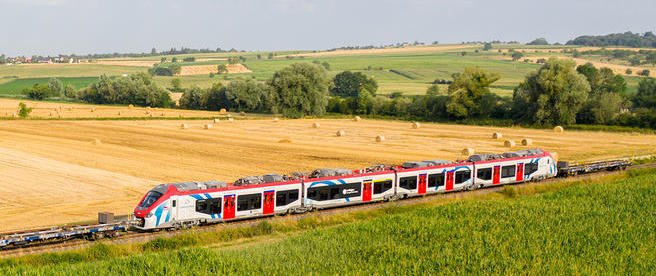17 July 2023 – Alstom (OTC: ALSMY), global leader in smart and sustainable mobility, and Akiem European rolling stock leasing company have signed a framework contract for 100 Traxx Universal multi-system (MS3) locomotives. The firm part of the order includes 65 locomotives. The total amount of the framework agreement is up 500 million euros. Akiem confirms its leadership on the leasing European market and its ambition to contribute to the rail market’s accelerating activities, with major investment on corridors from France to 12 other European countries.
The Traxx Multi-system locomotives benefit from optimised energy consumption and can run both Freight and Passenger operations at a speed of up to 160 kilometres per hour. They will cover operations in 12 European countries: Germany, Austria, Switzerland, France, Italy, Belgium, Netherlands, Luxemburg, Hungary, Poland, Czech Republic, Slovakia. As a unique feature for multi-system locomotives, a part of them will be delivered with the last mile feature enabling to access ports, terminals or industrial sites without the need of a shunting locomotive.
All locomotives will be equipped with the leading signalling system ATLAS, Alstom’s onboard solution for the European Train Control System (ETCS). This system comes with the broadest coverage of countries and lines, both in ETCS as well as for legacy system operation, and superior two-out-of-three architecture.
Final assembly is planned to take place at the Alstom site in Kassel, Germany. Deliveries of the units are scheduled to take place between 2025 and 2028.







